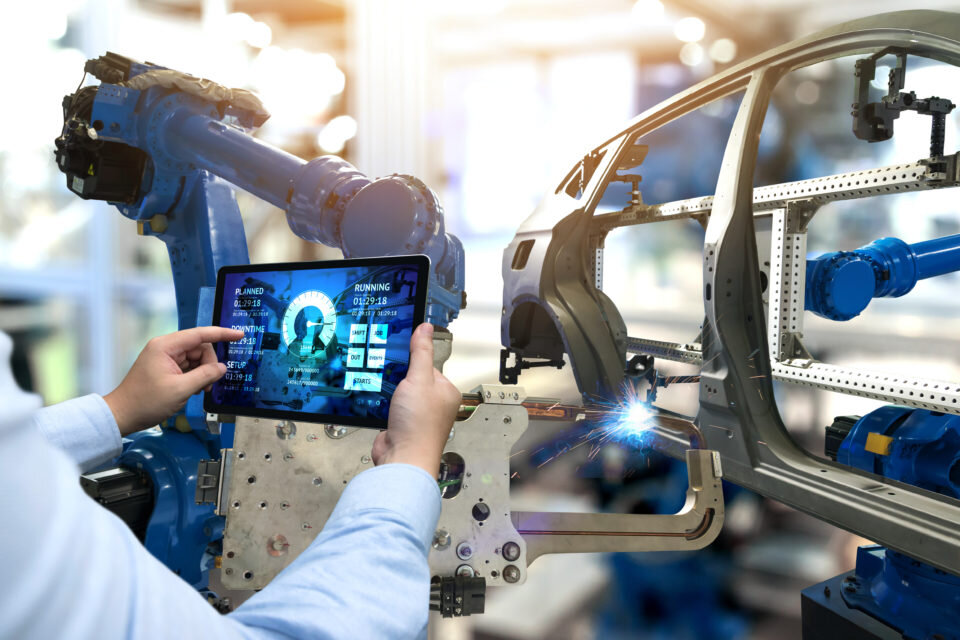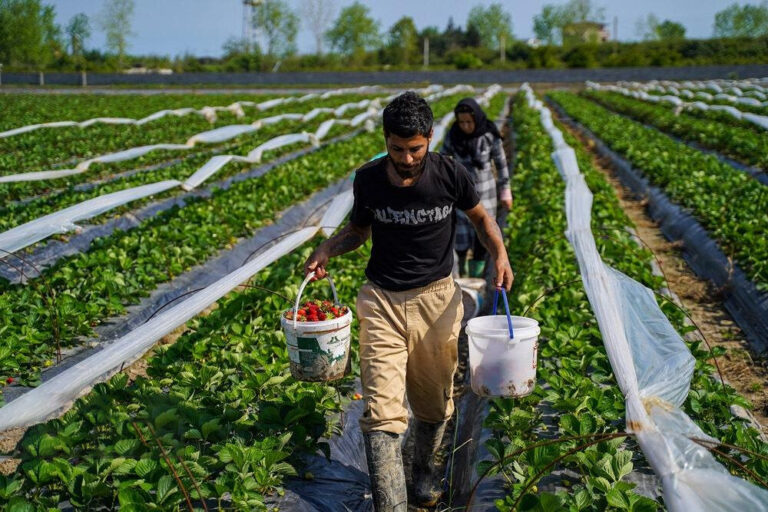Revolutionizing Careers: How AI is Shaping the Future of Work
In today’s rapidly evolving landscape, the future of work is being reshaped by the emergence of artificial intelligence (AI). This technology is no longer just a concept reserved for science fiction; it’s actively transforming careers and redefining the way we approach our professional lives. While some view AI as a potential threat to job security, others recognize it as a powerful tool that enhances productivity and creativity. One thing is clear: the workplace of tomorrow will be vastly different from what we know today.
The AI Assistant Era
Gone are the days when “automation” was synonymous with factory robots merely assembling products. Today, AI extends its capabilities far beyond manual labor. It is now capable of performing tasks such as writing emails, analyzing vast datasets, and even crafting marketing campaigns. Tools like ChatGPT, Copilot, and many others are emerging as essential co-workers, enabling humans to shift their focus from repetitive tasks to strategic thinking, creativity, and problem-solving.
This transformation is not about replacing jobs; rather, it is about redefining them. For instance:
- Accountants no longer merely crunch numbers; they interpret insights generated by AI.
- Marketers can now spend less time on spreadsheets and more time crafting compelling narratives.
The jobs of the future will center around guiding AI to perform tasks more effectively, rather than performing those tasks manually.
The Rise of Hybrid Roles
The careers that are in highest demand will not be strictly technical or purely creative; instead, they will blend elements of both. Employers are actively seeking individuals who can bridge the gap between AI’s capabilities and human intuition. For example:
- A graphic designer who understands AI art tools can create unique designs more rapidly and innovatively.
- A sales professional utilizing AI for customer insights can craft personalized pitches like never before.
This shift emphasizes that adaptability is the new job security. Workers who commit to lifelong learning—whether mastering new AI tools or enhancing soft skills like emotional intelligence—will find themselves well-positioned to thrive in this evolving landscape. The future will favor those who can effectively collaborate with machines while showcasing their uniquely human strengths.
The Human Edge in an AI World
While AI can analyze, predict, and even create, it lacks the essential qualities of judgment, empathy, and ethical reasoning. This is where human professionals play an indispensable role. Careers that rely on deep interpersonal connections—such as therapy, leadership, and teaching—will continue to require the human touch. Even in technology-driven sectors, the ability to ask critical questions, challenge biases in AI outputs, and make nuanced decisions will differentiate individuals in the workforce.
The workplaces of the future are likely to merge AI efficiency with human ingenuity. The most successful professionals will not only utilize AI but will also comprehend its limitations, knowing when to trust their instincts over a machine’s recommendations.
Conclusion
The essential takeaway is this: AI is not stealing jobs; it is reshaping them. To remain relevant in this new era, individuals must embrace change rather than resist it. Understanding how AI applies to your specific field, experimenting with new tools, and honing skills that machines cannot replicate are crucial steps toward future success.
Ultimately, the future of work is not a battle between humans and AI; it is a collaborative effort where both can work together more intelligently than ever before. This collaboration presents an exciting opportunity for innovation and growth in the professional world.






